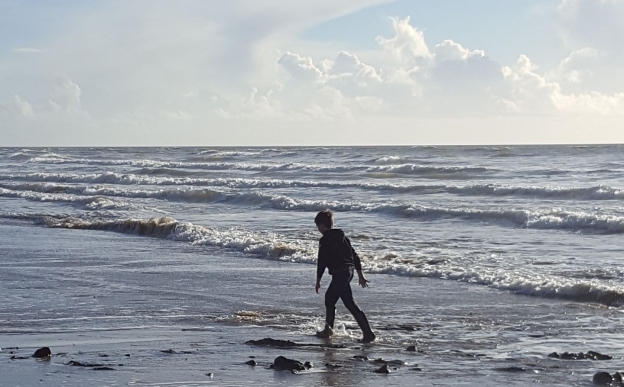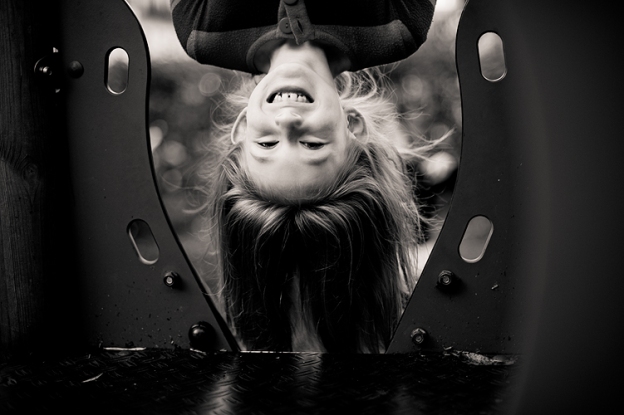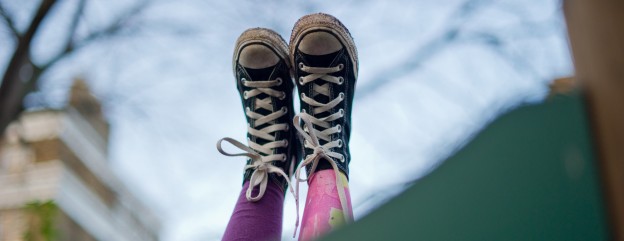Some years ago Lucy Winkett of St James’s Piccadilly introduced me to the words of Richard Wilbur, the late American poet and lyricist:
‘All that we do is touched with ocean, and yet we remain on the shore of what we know’.
Here at the beginning of three months’ study leave – the not-to-be-underestimated privilege of clergy who have clocked up enough years to be due some headspace – I’m standing on the edge of an unknown ocean. But not a geographical one. Countless people have asked me ‘Where are you going for your sabbatical?’ Answer: ‘Nowhere’. Cue confused looks (because why wouldn’t you?), then ‘So what are you studying?’ Answer: ‘the Christian mystics’. Cue a variety of responses: quizzical, engaged, envious … concerned.
I should at least be going to Syria to sit on top of a pole à la Simeon Stylites. But I’m not.
It’s for very practical reasons that I’m not going anywhere. Yet staying underlines my unshakeable belief that God is to be found here, now, always. The divine in the detail. The breath of the Spirit – ruach – in the fabric of familiar life. And in the strangeness of local life too.
If I’m to immerse myself in the mystics it seems only right that I do it where the rest of my life is lived, in this oft-dubbed ‘world city’ where bits of the rest of the world impact, coalesce or pass through sooner or later.
So, poised with my toes in the ocean I think of my teenage daughters learning to surf in the chill of the Cornish waves in October. Out there is depth and adrenaline and salt and refracted light and being turned upside down and yet held and returned to shore. Hopefully in one piece but having experienced something new.
Bernard McGinn (yes, I’ve begun my study leave reading) gives us this definition of mysticism: ‘new ways of knowing and loving based on states of awareness in which God becomes present in our inner acts, not as an object to be grasped, but as the direct and transforming centre of life’.
How might we be transformed if we step into that ocean – right where we are …?





